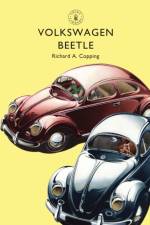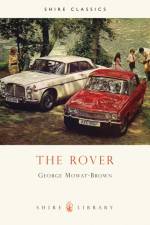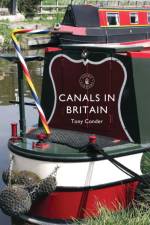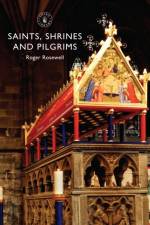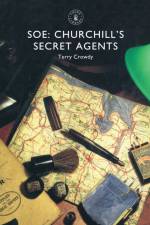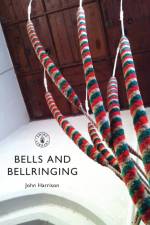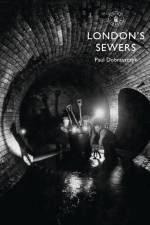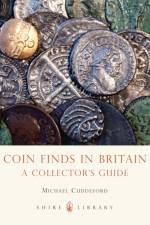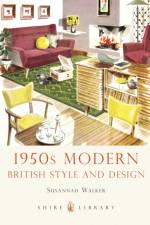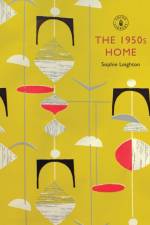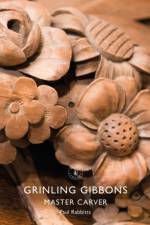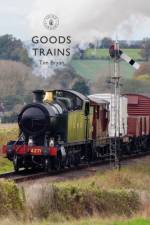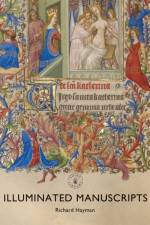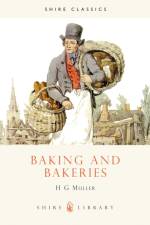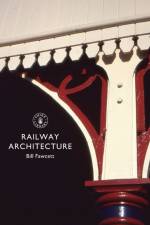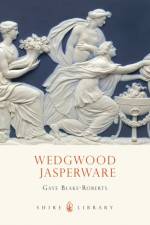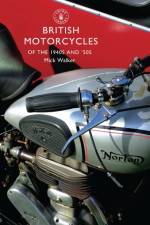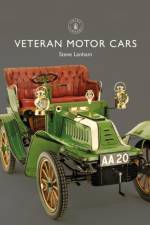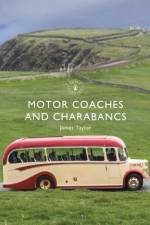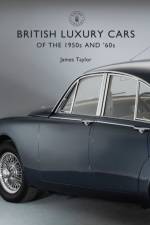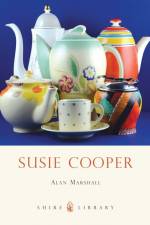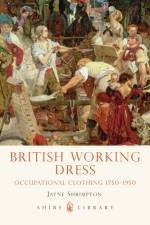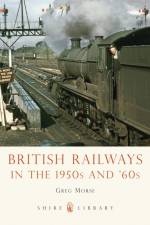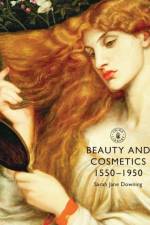av Steve Lanham
145
A concise illustrated history of the earliest cars in Britain up to 1905, and the people who manufactured and drove them.During the late Victorian/early Edwardian period, the development of the motor car represented the peak of technological experimentation. Termed ΓÇ£horseless carriages," these cars were mainly constructed by inventive engineers in back-street workshops, and most simply comprised the frame and bodywork of a horse-drawn carriage fitted with a petrol engine. However, experimentation was rife--there was much debate as to the most appropriate form of motive power, be it petrol, steam or electric. As this small-scale experimentation developed into a burgeoning industry, manufacturers such as Vauxhall, Wolseley, and Humber looked to the proving grounds of endurance runs, hill climbs, and organized races to increase sales potential, popularity, and, most importantly, reputation. These early days of motoring were beset with reliability issues as roads were often rutted, dusty, flooded, and rarely properly maintained, but comfort and efficiency improved with demand. This fascinating title covers the history of veteran motor cars from their earliest iterations until 1905, and is packed with fascinating facts about the experimental origins of the motoring industry.

